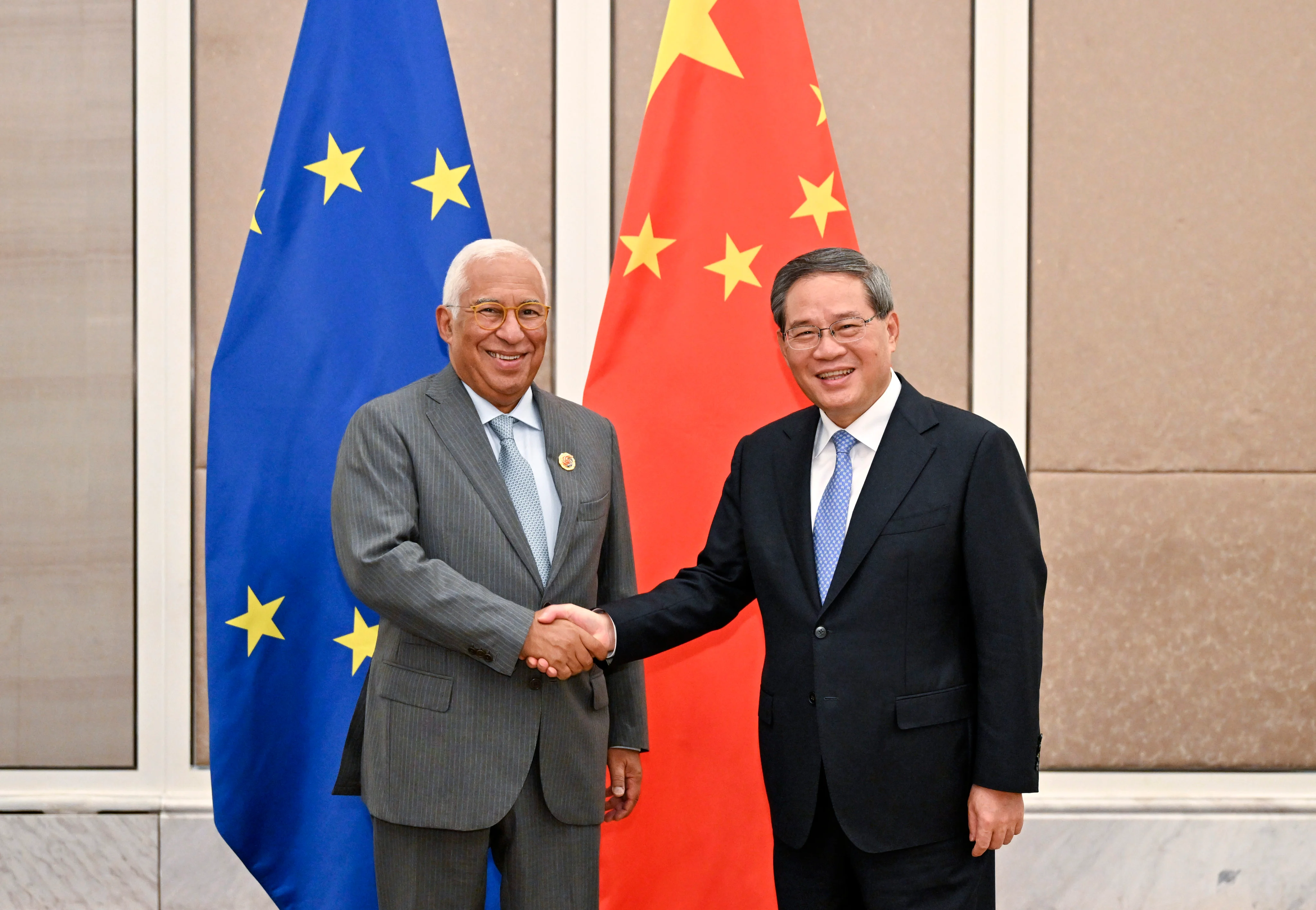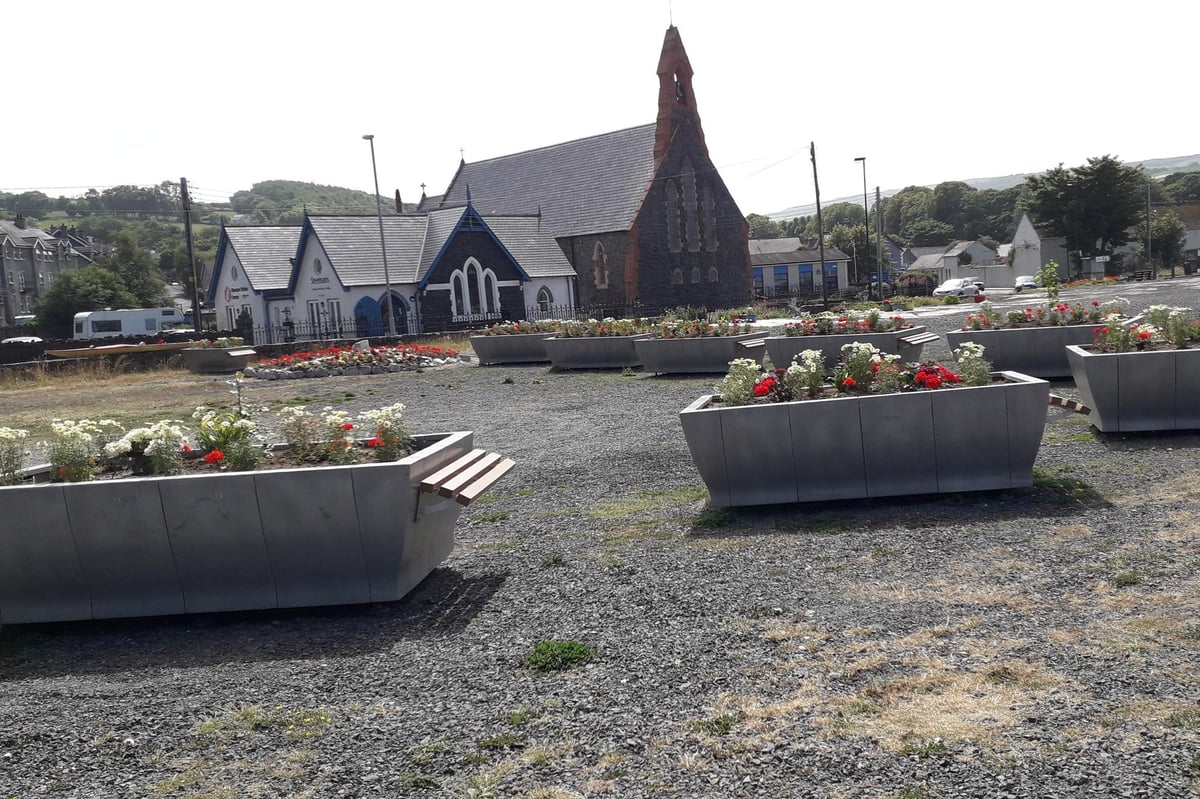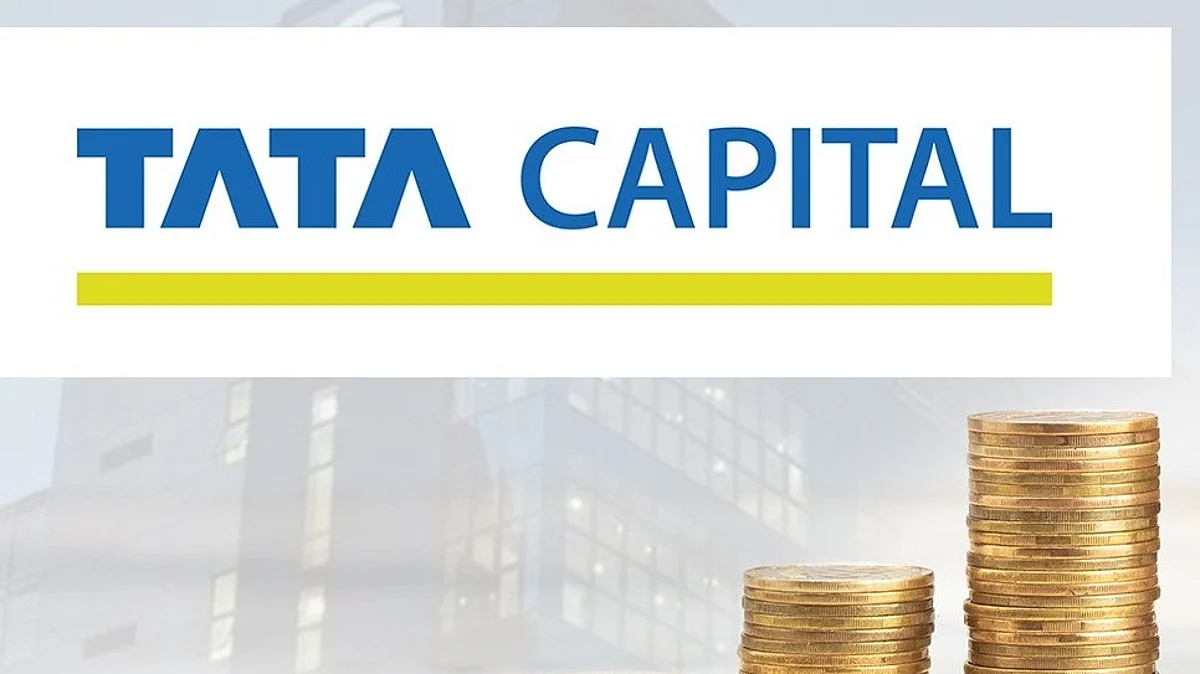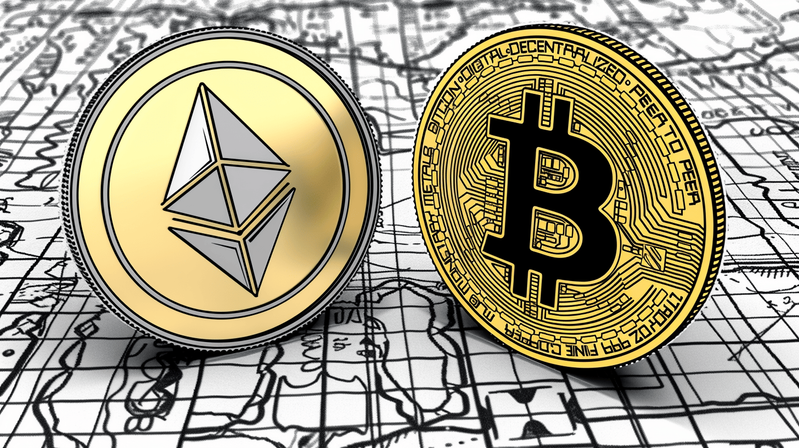Copyright scmp

Chinese Premier Li Qiang on Monday urged the European Union to steer their ties in the “right direction” and address trade discord through dialogue as Beijing and Brussels continue struggling to see eye to eye. At a bilateral meeting with European Council President Antonio Costa in Kuala Lumpur, Malaysia, Li said Beijing was willing to work with the EU on matters ranging from the environment to technological innovation to supply chains. “The development of China-EU relations currently presents both opportunities and challenges,” Li was quoted by Xinhua as saying. “Both sides should steer the relationship in the right direction, consolidate the foundation of political mutual trust and further translate shared consensus into concrete actions,” the Chinese premier continued. “It is hoped that the European side will provide a fair, just and non-discriminatory business environment for Chinese enterprises going to Europe,” he added. The bilateral talks were held on the sidelines of meetings involving the Association of Southeast Asian Nations and days before China and the EU were to hold trade talks in Brussels focusing on Beijing’s rare earth export controls affecting the regional bloc. Beijing recently imposed additional restrictions on the export of critical minerals vital for some crucial European products, including electric vehicles, aircraft engines and military equipment. China accounts for about 70 per cent of global rare earth mining and 90 per cent of the world’s processing capacity. Tensions between the two economies have been simmering. A year ago, the EU slapped tariffs on Chinese EVs, and in retaliation, China launched anti-dumping investigations into pork and dairy products from the EU. And late last month, the Dutch government seized control of Chinese-owned chipmaker Nexperia’s operations in the Netherlands, citing national security concerns. According to a read-out from Monday’s meeting in Kuala Lumpur, Costa voiced “strong concern” about China’s “expanding export controls on critical raw materials and related goods and technologies”. “I urged him to restore as soon as possible fluid, reliable and predictable supply chains,” Costa was quoted as saying, referring to Li. Costa added that the EU attached importance to “constructive and stable relations with China” and sought to enhance cooperation with Beijing to “address global challenges”. The European Council president further mentioned the war in Ukraine initiated by Russia, urging China to help “put an end to the war” and calling the conflict “an existential security threat for the EU”. In July, Costa, alongside European Commission President Ursula von der Leyen, visited Beijing and met Chinese President Xi Jinping for the 25th EU-China summit. During that meeting, Xi called on the EU to “carefully manage differences” and “practise multilateralism and protect international order” in a veiled swipe at US President Donald Trump, who has advocated an America-first approach to foreign policy. Separately on Monday, in a meeting with Australian Prime Minister Anthony Albanese, Li called for deeper economic cooperation with Canberra and people-to-people exchanges despite recent tensions over the South China Sea. Li said Sino-Australian ties were on “a positive trend” and that cooperation was “steadily advancing”, according to Xinhua. China’s No 2 official also stated that Beijing would promote Chinese investment in Australia and consider upgrading the two countries’ free-trade framework. The meeting came just a week after the two countries traded barbs over an air encounter above the highly contested South China Sea. Albanese on Monday said the encounter had been discussed “frankly” and that Li had “heard the message very directly”. Describing their discussion as “positive” and calling Li a “friend”, Albanese described relations between Australia and China as having improved and “stabilising”. Albanese visited Beijing in July and met Xi, with the Chinese leader pledging deeper economic connections as well as joint commitments to look after Asia-Pacific security. Meanwhile, during a summit of the Regional Comprehensive Economic Partnership (RCEP) also held in Kuala Lumpur on Monday, Li again highlighted Beijing’s supportive role in supply chains and industrial chains. “The international economic and trade landscape has undergone complex changes, with unilateralism and protectionism gaining momentum, posing significant risks to the region,” Li said at the RCEP summit, making an apparent reference to American tariffs. “All parties to the agreement should strengthen collaboration, jointly address challenges, and explore greater breakthroughs in cooperation … across industrial chains, supply chains and other areas,” he added. Centred by Asean, the RCEP is a free-trade agreement involving 15 Asia-Pacific countries. For years, China and Asean have been each other’s largest trading partners, with Beijing placing great strategic and economic emphasis on the region amid mounting trade and investment restrictions from the US. But Asean has pledged to remain neutral between China and the US, which is Asean’s second-largest trading partner. The summit was held on the heels of China and the US reaching a preliminary framework agreement in Kuala Lumpur, widely seen as a major step towards easing Sino-American trade tensions ahead of a planned Xi-Trump meeting in South Korea on Thursday. Trump departed for Japan on Monday after his high-profile appearance in Kuala Lumpur, having presided over a peace deal between Thailand and Cambodia. The US leader also secured several trade agreements with Malaysia and Cambodia, and pushed for trade negotiations with Thailand and Vietnam, according to the White House.



